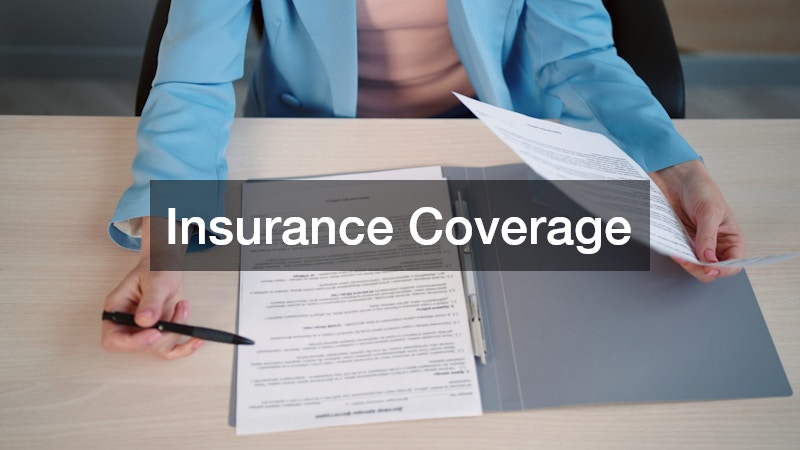When considering a commercial roofing project, choosing the right commercial roofer is crucial. The stability and quality of your commercial infrastructure significantly depend on the expertise of your chosen contractor. This article outlines the top questions to ensure you hire a qualified and reliable professional who can effectively meet your commercial roofing needs.
Years in Business
One of the first questions to ask a potential roofer is about their years in business. Experience in the roofing industry often translates to knowledge, reliability, and a track record of successful projects. If a roofer has been around for several years, it typically indicates resilience and the ability to adapt to industry trends and customer needs.
Moreover, seasoned roofers are likely to have encountered a wide array of roofing challenges and perfected their methods to tackle them. By hiring an experienced professional, you gain access to strategic insights and best practices that can enhance the durability and performance of your roofing system. It is advisable to research their history and client feedback to ensure they are a suitable fit for your project needs.
While newer companies might offer competitive prices, their lack of experience could lead to unforeseen complications. Trusting a well-established roofer minimizes risk as they are well-acquainted with local regulations and technical standards. Consideration of their market presence and reputation should be a priority in your evaluation process.
Licensing Requirements
Licensing serves as a non-negotiable element when hiring a roofer. Different regions have specific licensing requirements that every legitimate roofer must fulfill. Confirming the roofer’s licensing status is essential not only for legal compliance but also for ensuring their technical competencies.
Proper licensing indicates that the roofer understands local codes and zoning laws, which can directly impact the course and legality of your project. It ensures they have met the necessary trade qualifications to conduct business in your area. Failure to comply with licensing might result in legal liabilities and project delays.
Furthermore, unlicensed roofers often cut corners to offset their lower pricing, risking the safety and durability of your roof. To avoid such pitfalls, always verify the roofer’s license and keep a copy for your records. This proactive step provides peace of mind, knowing your project is in qualified hands.
Insurance Coverage
Insurance coverage is vital because it safeguards both the client and the roofer from unforeseen incidents. Contractors should carry various types of insurance, including liability insurance and workers’ compensation. Liability insurance protects you from financial loss in case of property damage or accidents during the roofing process.
Workers’ compensation, on the other hand, covers injuries sustained by workers while on your property. Without this coverage, you could inadvertently become liable for medical expenses and potential lawsuits. Ensuring that any roofer you hire is properly insured is critical for protecting your investment and ensuring safety standards are met.
Material Costs
The cost of materials is usually a significant portion of any roofing estimate. Understanding this component allows for accurate budget planning and consideration of available options. Ensure that the estimate specifies the types and quantities of materials to be used.
Discussing material options with your roofer can also lead to cost-saving insights and quality enhancements. Opt for durable materials that provide long-term performance while aligning with your aesthetic preferences. Transparency in material costs is vital to avoid unexpected expenses and delays.
Be wary of estimates with vague or non-descriptive material costs. Misleading material pricing can lead to inflated project costs and compromise quality. An honest breakdown of material expenses fosters trust and project satisfaction.
Timeline and Milestones
A well-constructed estimate should include a clear timeline with defined milestones. These benchmarks serve as progress indicators, allowing you to track the project and measure performance against initial expectations. From start to completion, milestones ensure the project remains on schedule.
Timelines account for possible delays due to weather or unforeseen circumstances, providing contingency plans. Inquire about each milestone’s significance concerning project phases to understand their impact on the overall schedule. A definitive timeline serves to manage expectations and promotes adherence to agreed deadlines.
Contractors that are committed to providing realistic timelines demonstrate project management expertise. Failing to meet milestones can disrupt business operations and generate additional costs. Clear timelines are essential for coordinating tasks, ensuring deadlines are met, and achieving satisfactory results.
In conclusion, hiring the right commercial roofer involves meticulous evaluation and probing the right questions. The expertise, licensing, insurance, and clarity in estimates are integral components of selecting a qualified professional. Always verify their credentials and past work to secure the best results for your roofing project.
Make informed decisions by understanding the roofer’s history and their ability to safeguard your interests. This article aimed to equip you with the knowledge necessary for evaluating potential roofers effectively. By asking these top questions, you ensure a smoother process and a successful outcome for your commercial roofing project.
Remember, due diligence in hiring can prevent costly oversights and establish a long-lasting partnership with a reputable roofing company. Your effort in prudent selection will be reflected in the quality and resilience of your commercial roof. Choose wisely, as the roof over your business is fundamental to its protection and longevity.
.
